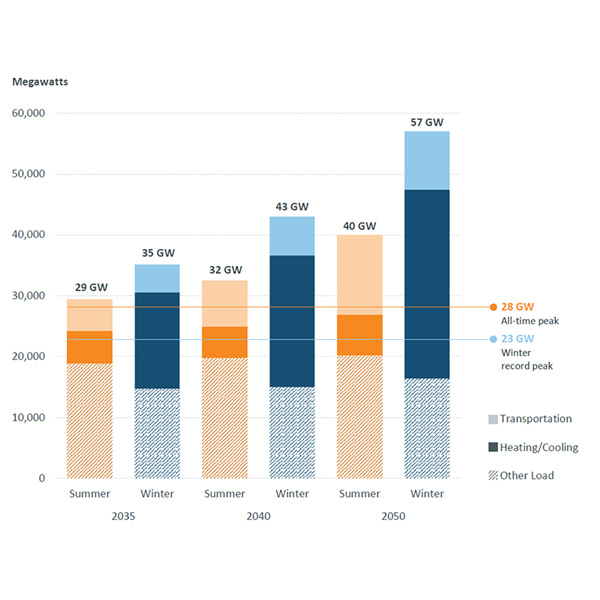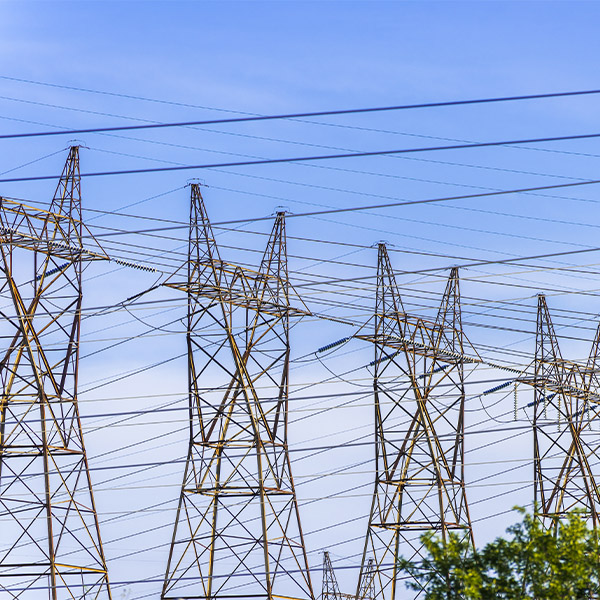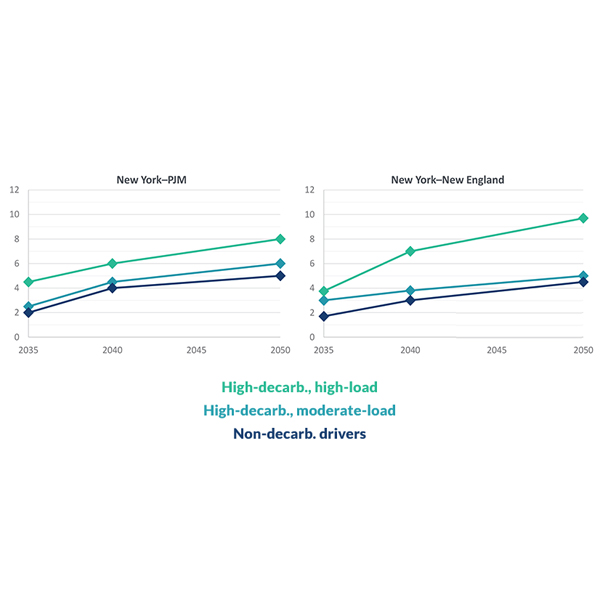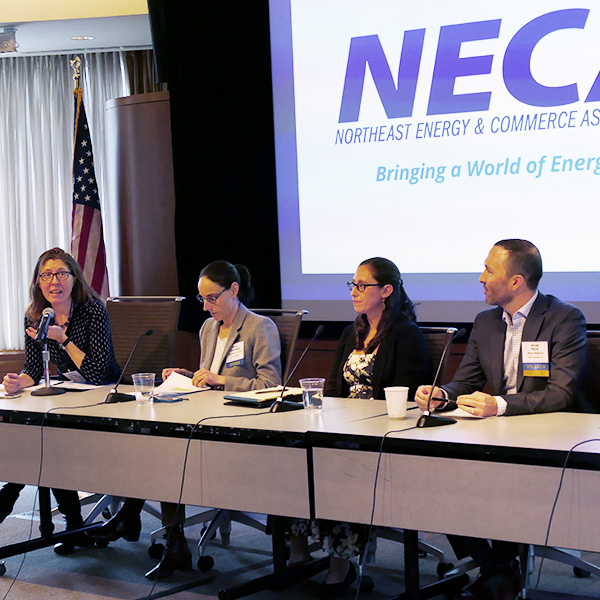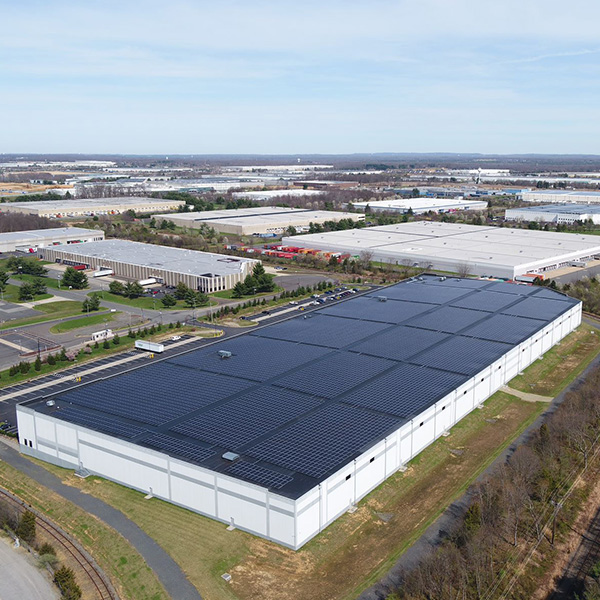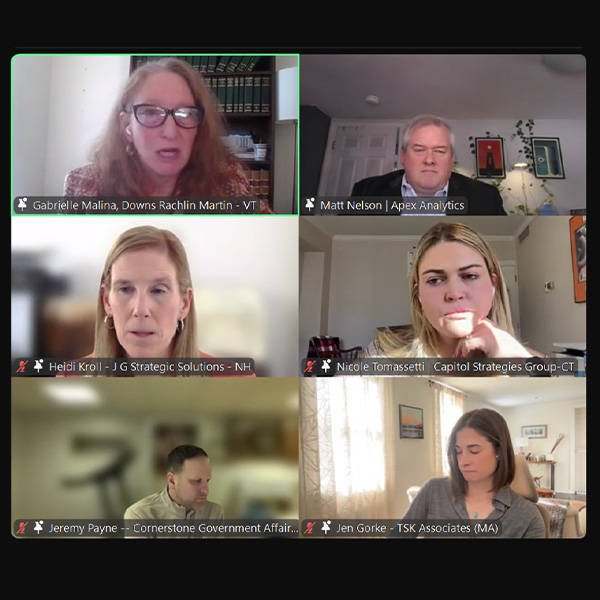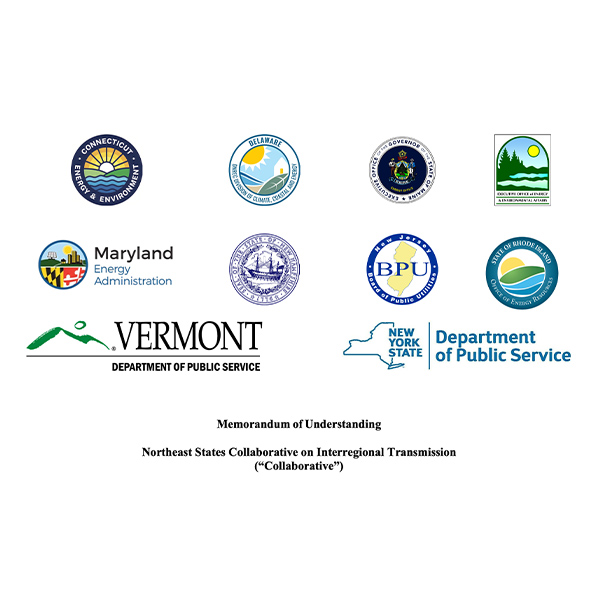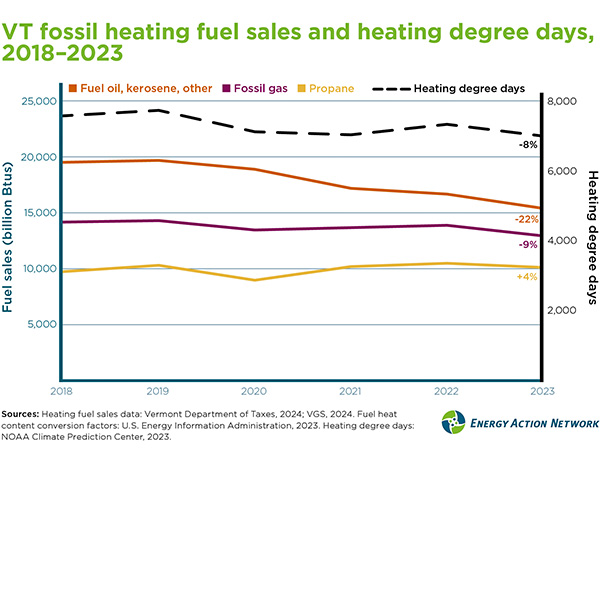Vermont
Two new studies released by advocates on opposite sides of the clean energy debate reach opposite conclusions about the economic benefits of renewables.
Officials from members of the Northeast States Collaborative on Interregional Transmission expounded the group’s strategic action plan.
The Northeast States Collaborative on Interregional Transmission released a strategic action plan for creating an interstate planning process for transmission projects that span the seams of their grid operators.
Uncertainty around federal funding, permitting approvals and tariffs is creating major challenges for clean energy development in the Northeast, industry representatives said at NECA’s annual Renewable Energy Conference.
D.C. District Court Judge Loren AliKhan issued a temporary restraining order on OMB from pausing all federal grants and loans.
Government affairs experts previewing New England’s 2025 legislative sessions outlined some key policy overlaps and notable differences among states during a webinar held by the Northeast Energy and Commerce Association.
Vermont’s Public Utility Commission is recommending alternatives to the Clean Heat Standard it was tasked with developing.
In a report accompanying the draft Clean Heat Standard rule, the Vermont PUC said it makes no sense for a single small state to create such a costly and complex system.
Ten East Coast states signed a memorandum of understanding to set up a framework to coordinate interregional transmission planning and development.
Vermonters are using less fossil fuel for heat in recent years, partly because winters have been trending warmer but also because more buildings are relying on electric heat pumps.
Want more? Advanced Search
